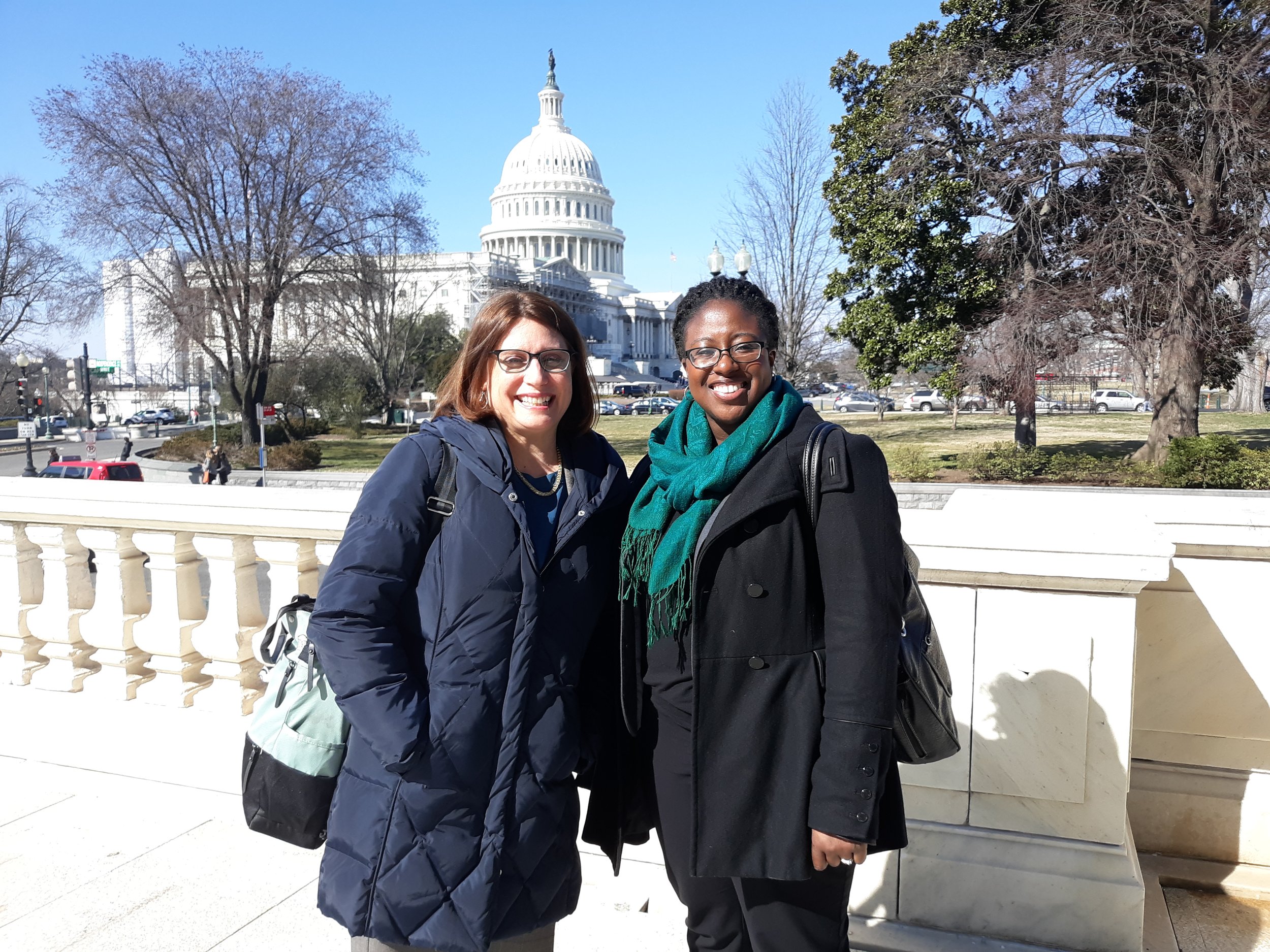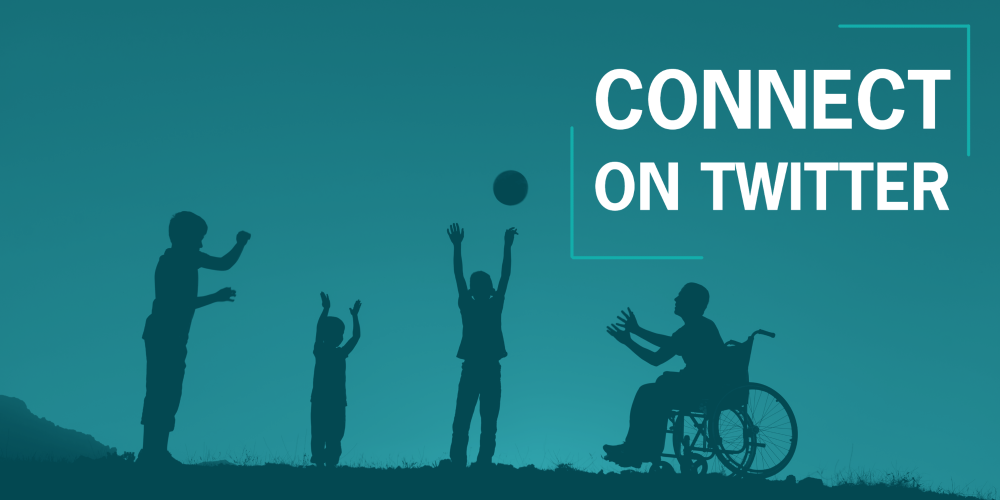Our Issues
The Young Center’s policy program fights for wholesale reform of the immigration system while pursuing incremental changes in policy and practice that center children’s rights and best interests in all decisions. Our priorities include establishing a best interests standard for all decisions about immigrant children; reimagining children’s immigration proceedings; ending family separation; safeguarding existing legal protections for children; and collaborating with allies in child welfare and juvenile justice reform to prioritize children’s rights as established in the Convention on the Rights of the Child.
Prioritizing Best Interests
We fight to change the immigration system so that children are recognized and treated as children, and their best interests are centered in every step of the decision-making process.
In 2016, we helped develop the Framework for Considering the Best Interests of Unaccompanied Children. For the very first time, this document showed how immigration officials could consider the best interests of the child in every single decision. The Framework was the result of a multi-year dialogue between federal agencies and nongovernmental organizations participating in the Interagency Working Group on Unaccompanied and Separated Children. The Young Center, with the support of the John D. and Catherine T. MacArthur Foundation, staffed the working group and facilitated non-governmental organizations, academics, practitioners, and federal agencies including the Department of Homeland Security, Department of Justice, and the Department of Health & Human Services as they worked together to develop the Framework.
At the Young Center, we ground all best interests determinations in the Convention on the Rights of the Child, and consider each child’s expressed wishes, their safety, and their right to family integrity, liberty, development, and identity. These best interests factors are well-established in the child welfare laws of all 50 states, Puerto Rico, and the District of Columbia. In focusing on these factors, we aim to minimize the risks of paternalism, stereotypes, and implicit bias.
Reimagining Immigration Proceedings for Children
Immigrant children who seek protection in the United States are thrown into a system of laws, regulations, and policies developed for adults. That system is adversarial, with the government fighting to restrict migration into the United States. Children are on the defensive. They bear the burden of defending against the government’s effort to deport them from the country. They must prove they are eligible for protection under complex laws created for adults. They have no guarantee of either a Child Advocate or immigration counsel to stand with them in this system.
Unlike many other systems, decisionmakers are not required—or in some instances even permitted—to consider their best interests when making decisions that directly impact children’s safety, permanency, and connection to family. At the Young Center, we fight for a new system, one built around the needs and capacities of children.
Ending Family Separation
Whether the government is forcibly separating children from their families at the border or criminalizing families and causing family separation through ICE raids or deportations, we advocate against all forms of family separation. We also work to uplift the voices of our allies in the criminal-justice reform and racial equity fields to shed light on how Black, Indigenous, and all communities of color are disproportionately targeted by the criminal justice system in ways that lead to family separation.
The Young Center was deeply involved in the fight to end policies of family separation implemented by the Trump administration. In 2019, the Young Center’s Policy Director testified before Congress. That same year, we filed a declaration in the ACLU’s lawsuit fighting family separation, in which we documented hundreds of cases where children were separated from parents for reasons that would never withstand scrutiny in family courts. Finally, in 2020, the Young Center released a report addressing the very specific and long-term harms of family separation and documenting how separations were continuing long after a court order supposedly put an end to this human rights violation.
Safeguarding Legal Protections
Congress passed the Trafficking Victims Protection Reauthorization Act in 2008 with strong bipartisan support, and it was reauthorized in 2013. In the TVPRA, Congress recognized that immigrant children’s welfare and safety should be paramount considerations and authorized the Department of Health & Human Services to appoint independent Child Advocates to the most vulnerable unaccompanied children—including trafficking survivors.
The TVPRA builds on protections established in the Flores Settlement Agreement, which created the first enforceable standards for protecting children in the immigration detention system. Before the Agreement, children as young as four years old were held in prison-like conditions where they were at risk of further trauma and abuse. For more than 20 years, children’s attorneys have gone to court to enforce the standards set in the Flores Agreement—including child-appropriate conditions of custody and children’s rights to be reunified with family during their immigration case.
We defend these and other legal rights and protections for immigrant children and families, including the right to seek asylum, on Capitol hill and beyond.
Statements and Press Coverage
Click here for our press releases and statements and here for recent coverage of our work in the media.
Reports, Publications, and more
Click here to browse Young Center reports, op-eds, public comments, testimonies, declarations, briefs, and explainers.
Join us in advocating for immigrant children.
Sign up to receive updates about issues facing immigrant children and how you can join the fight for their rights.
Follow us on Twitter for the most recent updates and news on immigrant children’s issues. We share news articles, updates about our work, and insight from leaders in our field.





